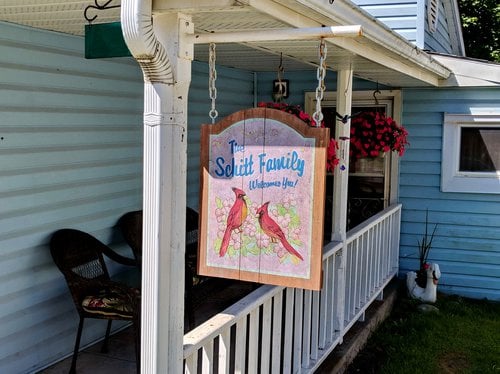Understand the successes and pitfalls of real estate investment

There are several different financial lessons scattered throughout the six seasons of Schitt’s Creek — including in the very first episode, when the family learns their business manager stole their money and headed off to the Cayman Islands. That lesson: If you’re entrusting someone like an accountant or financial planner with your money, make sure they’re transparent with open lines of communication so you know what’s going on with your finances.
But a recurring theme throughout the show is the living situation for the Roses, which soon turns into a business situation, too. Johnny Rose, the family patriarch, becomes part-owner of the motel the family is living in. He joins the ownership group alongside Stevie Budd, whose family previously owned the motel.
Seeing success with one location, the pair decides to expand into multiple buildings. There are lessons in looking for the right location—whether you’re buying your first home or renting your first apartment, or purchasing additional property to rent out—and understanding potential challenges, perks or concessions you may have to make.
By the end of the series, Johnny, Stevie and town mayor Roland Schitt head to New York to pitch an investment firm. While that deal falls through, another group of investors is excited about the opportunity, and they partner up with the Schitt’s Creek crew. It’s a good reminder to find a lender or insurance company that’s willing to work with you and put you in the best financial position to succeed.
Rosebud Motel was such an integral part of the show that the actual building was put on the market for $1.6 million. Not a bad haul!
And that’s one final lesson from the show: Learn when you’ve got something good going, and see if there are ways to expand it. Maybe that means adding one more percent of your paycheck into a retirement fund or sharing budgeting tips with other family members.



